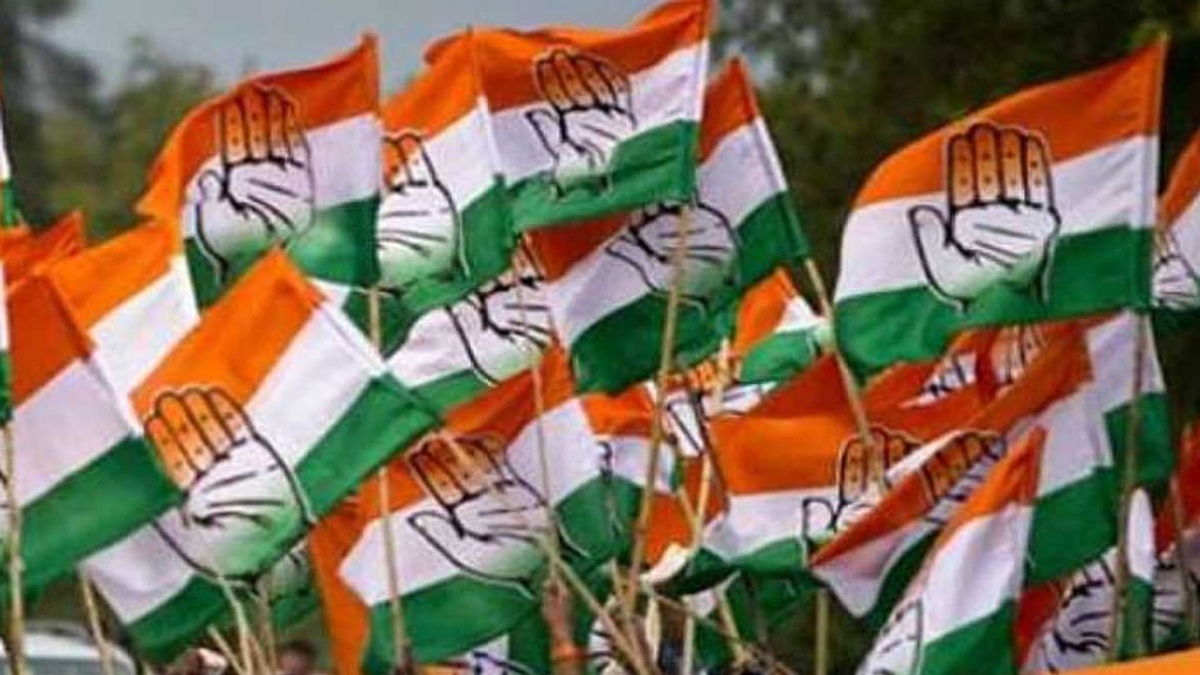


On Tuesday, Congress held a press conference where the party spokesperson, Prof. Gourav Vallabh, citing a revenue loss of Rs 1.84 lakh crore in the first 2 years of the corporate tax cut, said, “On September 20, 2019, the government announced the corporate tax cut from a base rate of 30% to 22% for existing firms without exemptions or incentives and from 18% to 15% for new manufacturing units. The rate cut came amidst fiscal distress, as in the same month, the Finance Minister told states at Goa’s GST Council meeting that the Centre had no money and wouldn’t be paying the GST Compensation anymore.
He further added, “For the last 3 years, the government has repeatedly claimed that the corporate tax cut would help increase corporate tax collection. But the parliamentary Committee on Estimates put out different claims in its report submitted on August 8, 2022. The panel said the corporate tax cut of 2019 had resulted in a negative “revenue impact” of Rs 1.84 lakh crore.”
Corporate tax is paid on corporate profits after accounting for all expenses. As per CMIE, 30,000 companies (5,000 listed and 25,000 unlisted) made a 138% increase in net profits in FY21 over FY20. In FY22, listed companies alone made profits that grew by 66.2% over FY21. As per the SBI research paper, the corporate tax cut contributed 19% to the top line for FY 21. “The corporate tax cut contributed to the increase in corporate profits but didn’t raise corporate tax collections,” he said.
According to the RBI, companies have used the corporate tax cut to service debt, accumulate cash balances, and other current assets rather than restart the CAPEX cycle. “In fact, in FY22 capital expenditure grew by a mere 2.3%, a six-year low. So, there was no investment or job creation due to the corporate tax cut in India, and above this, corporate tax collection fell from Rs 5,56,876 crore in FY20 (actual) to Rs 4,57,719 crore in FY21 (actual) despite the increase in corporate profits,” Vallabh said. He added that tax cuts for the rich lead to income inequality. “In contrast, such reforms do not significantly affect economic growth or unemployment,” Vallabh said.